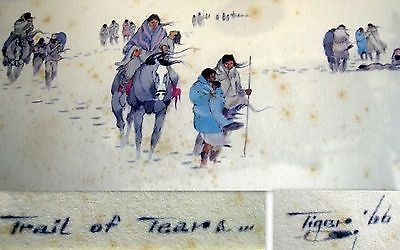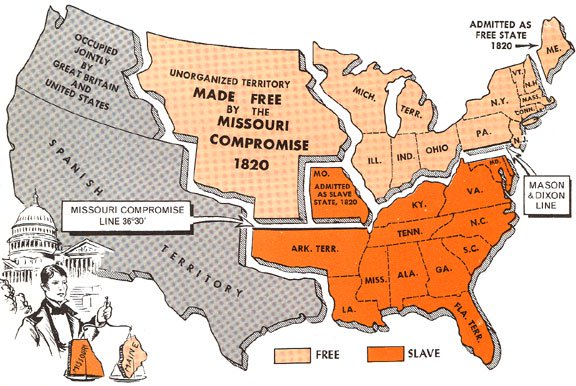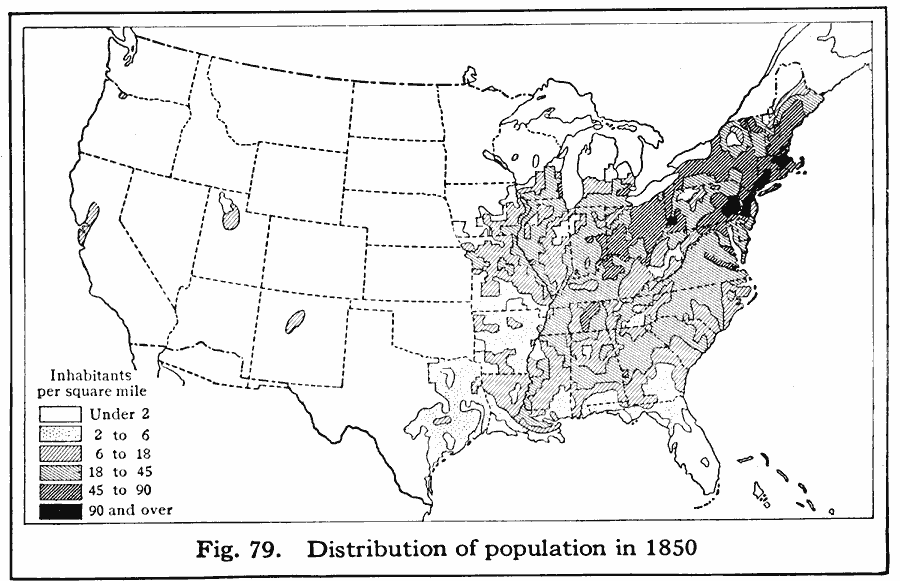
But majority of US- a "liberal consensus"- liked active gov't. The GI Bill gave educations to 7.8 million soldiers, letting them climb to middle class, and from 1945-1960, GNP jumped 250%, from $200 bn to $500 bn, baby boom meant families and consumers. Why go back? /40 

In 1951, young Taft believer William F. Buckley Jr. wrote God and Man at Yale, saying that Enlightenment idea of making fact-based arguments must be wrong because voters kept choosing active gov't, which was bad by definition. /41 

Stop trying to convince people with facts: "free enterprise" and God are not optional! In 1954, Buckley and BIL write a book saying McCarthy is right, and US is under siege by "Liberals," meaning everyone, D and GOP, who likes active government. "Conservatives" must prevail! /42 

Lots of desegregation cases after 1941, and in 1954, SCOTUS decided Brown v. Board outlawing segregated schools. Unanimous decision; Chief Justice Earl Warren was former GOP Gov of CA. But now Taft folks have their ancient wedge: active gov't means tax dollars go to blacks. /43 

1955, Buckley starts National Review to tell "the violated businessman's side of the story." When Ike enforces desegregation at Little Rock High school, NR defends segregation and S whites start to pay attention to Movement Conservatism. /44 

When Buckley's BIL ghostwrites Goldwater's 1960 Conscience of a Conservative, he calls Brown v. Board unconstitutional. In 1964, moderate GOP Nelson Rockefeller self-destructs, and Goldwater's gets the nod. He picks up AZ... five Deep South States. Strom Thurmond joins GOP. /45 

• • •
Missing some Tweet in this thread? You can try to
force a refresh










